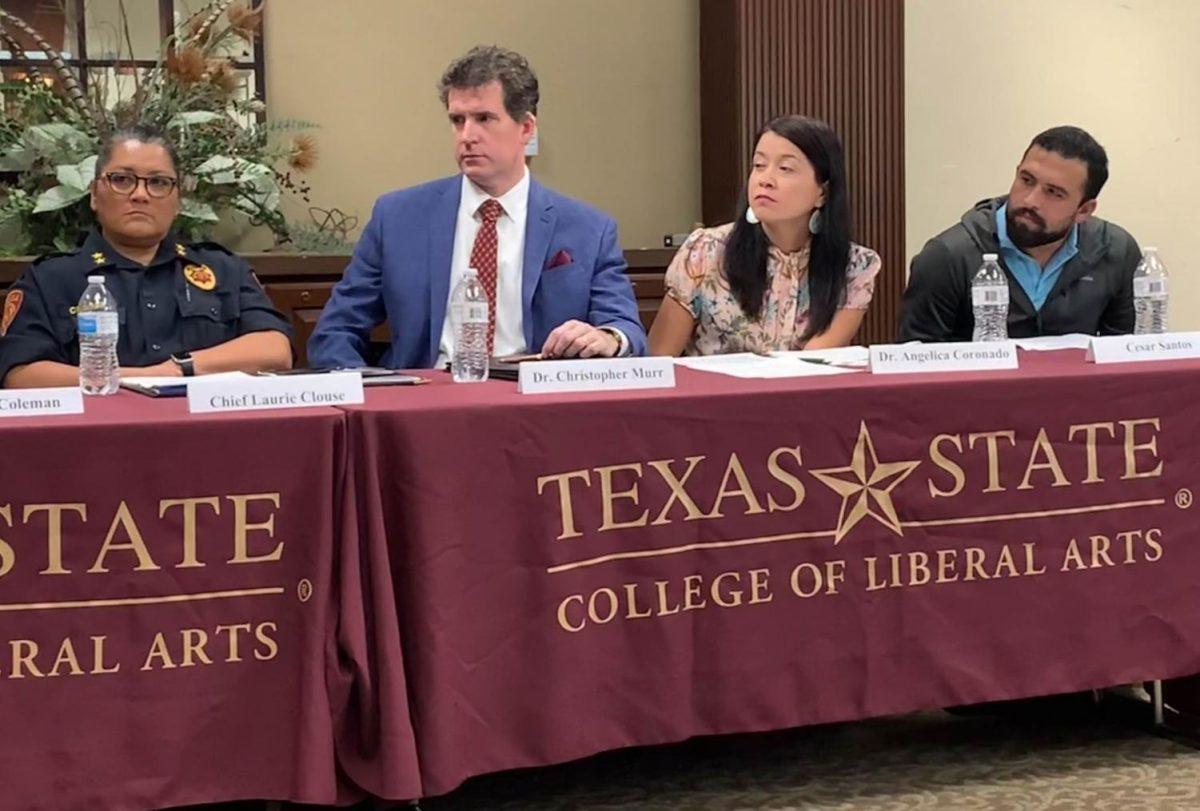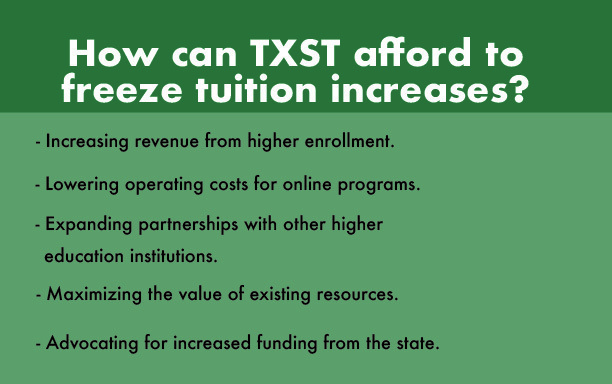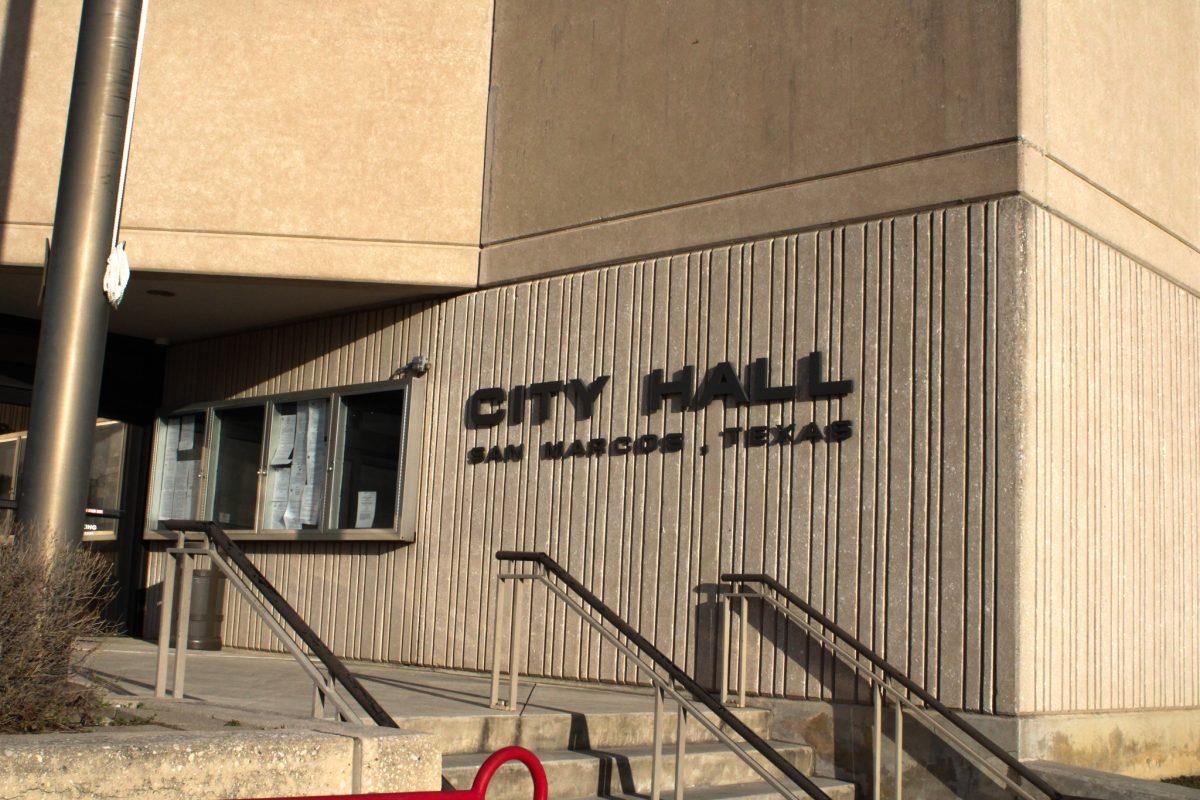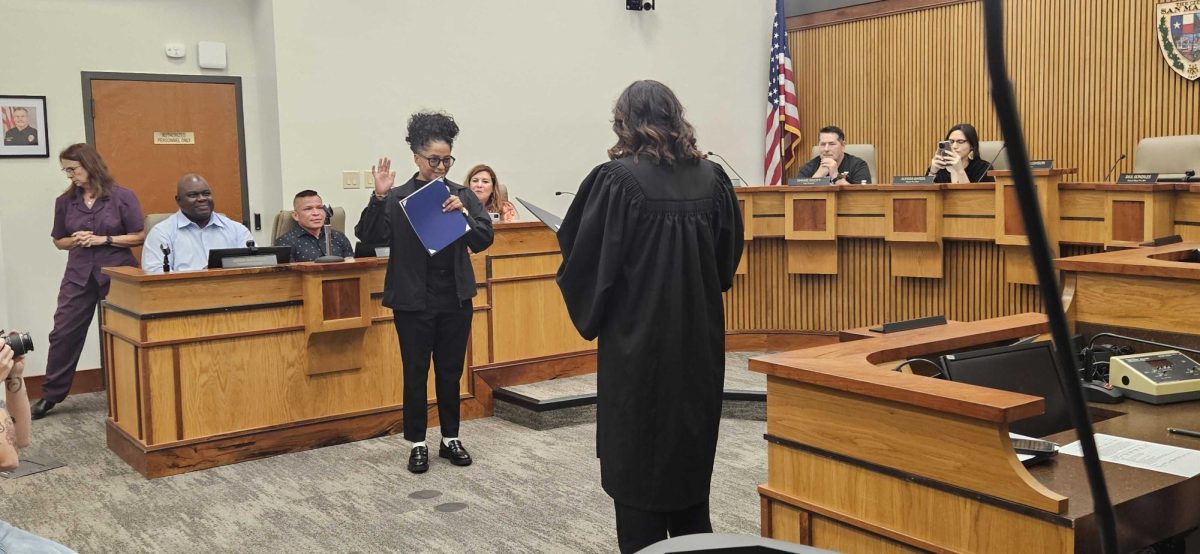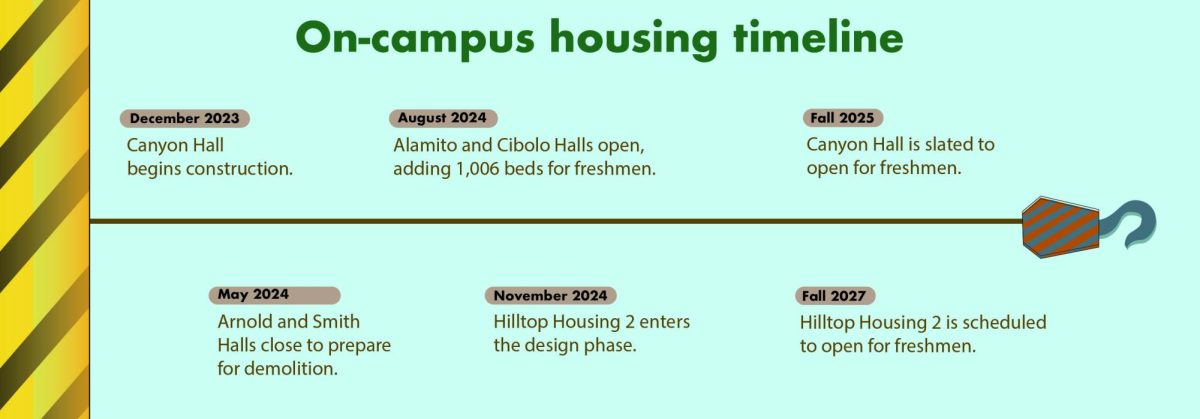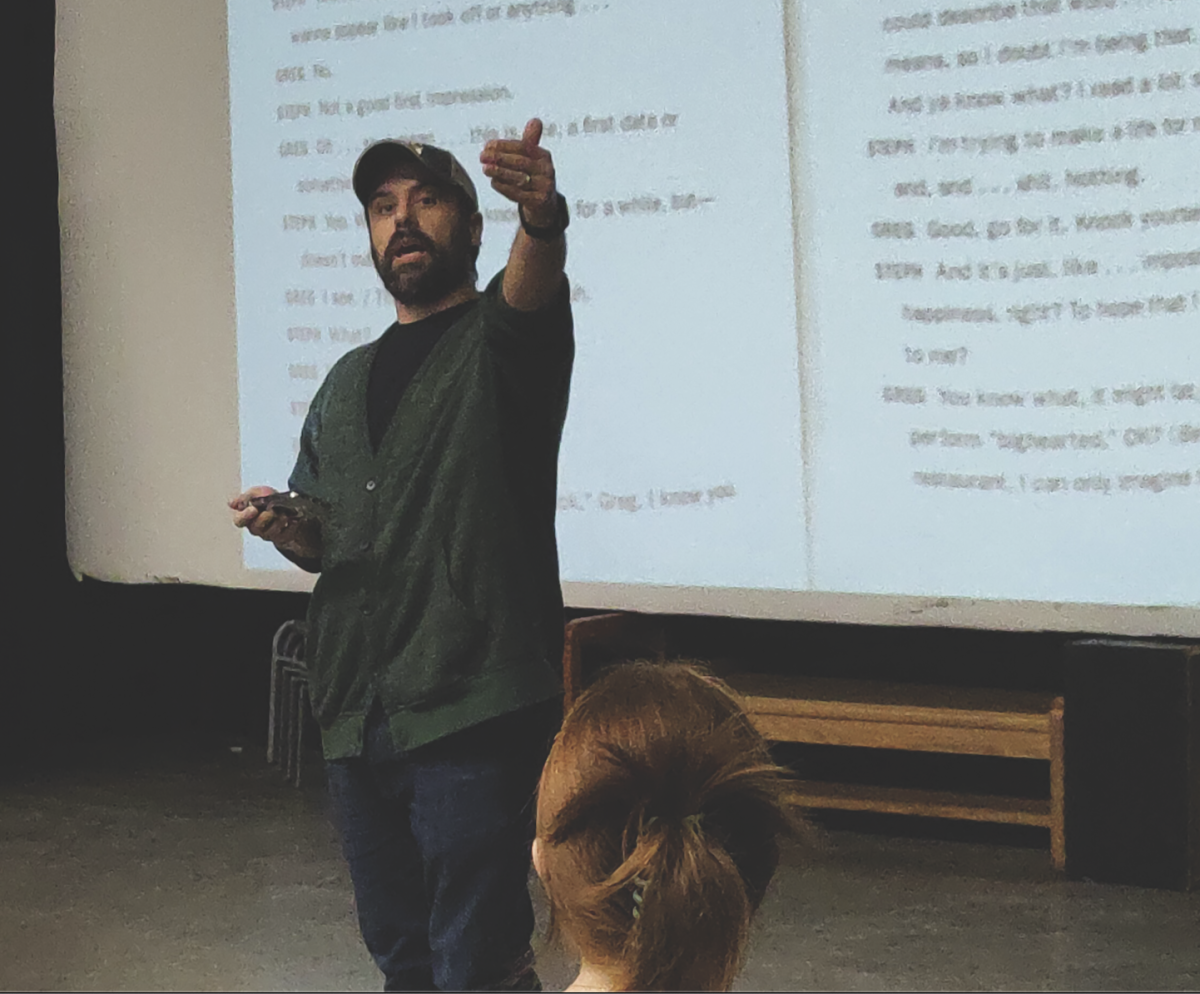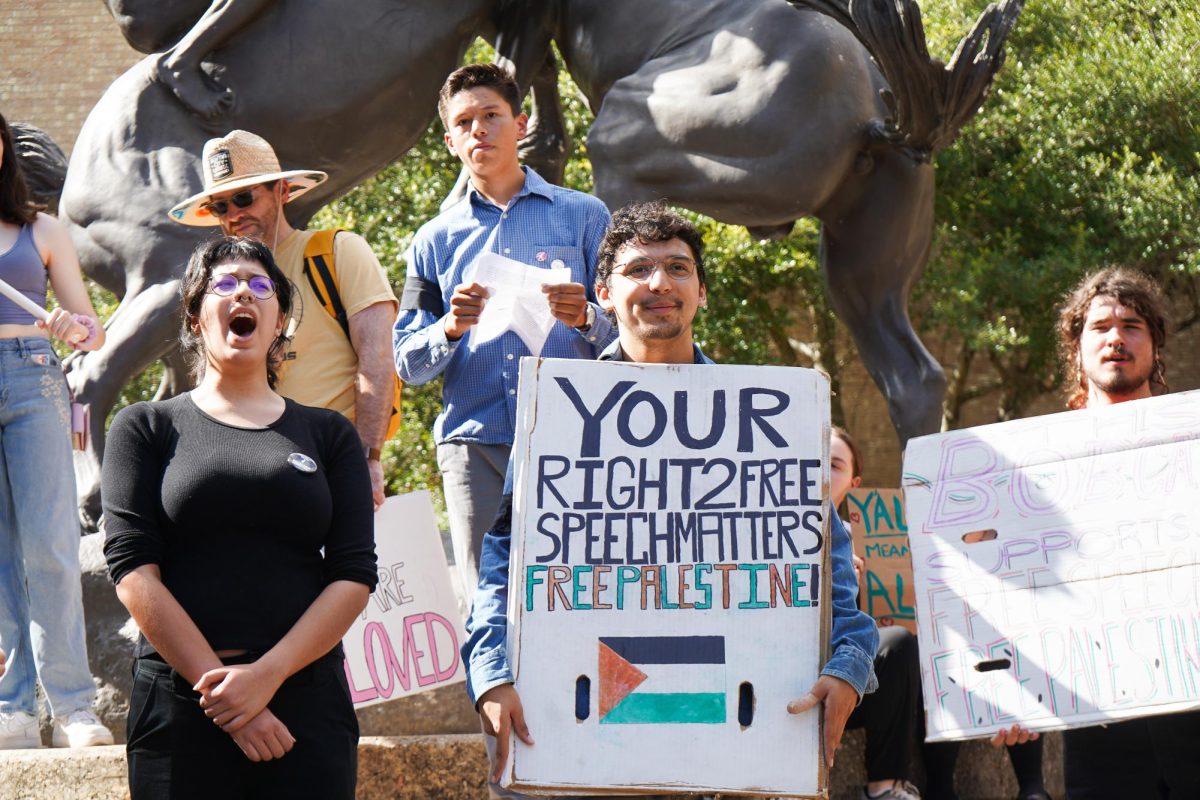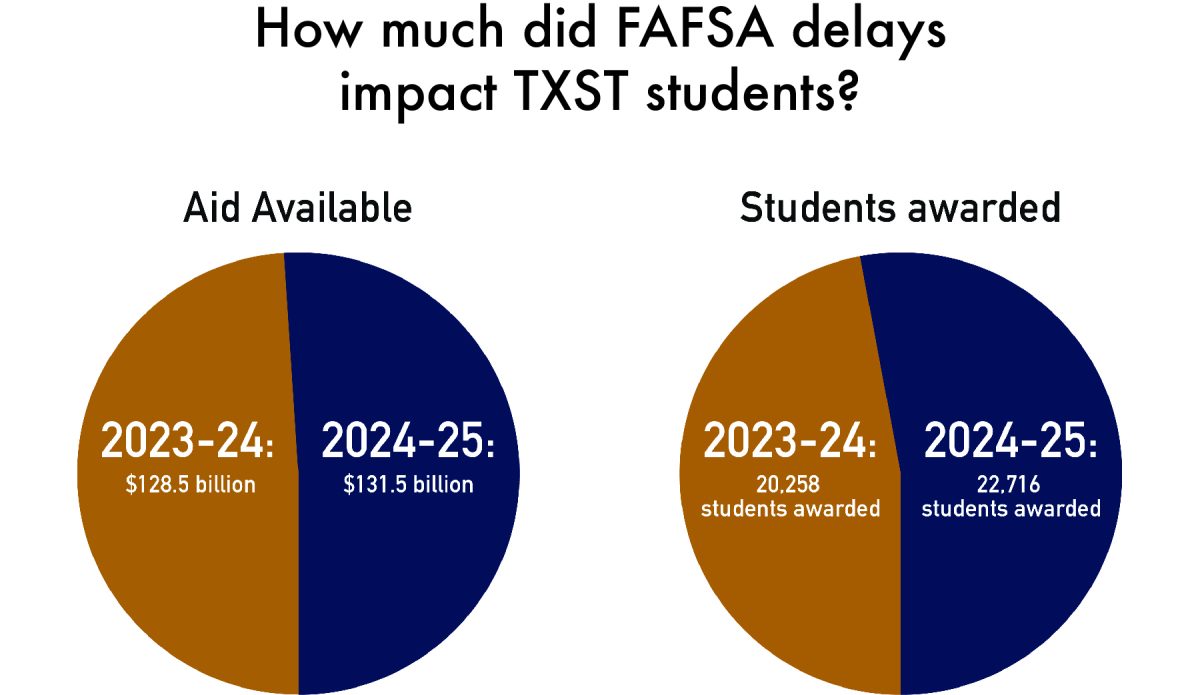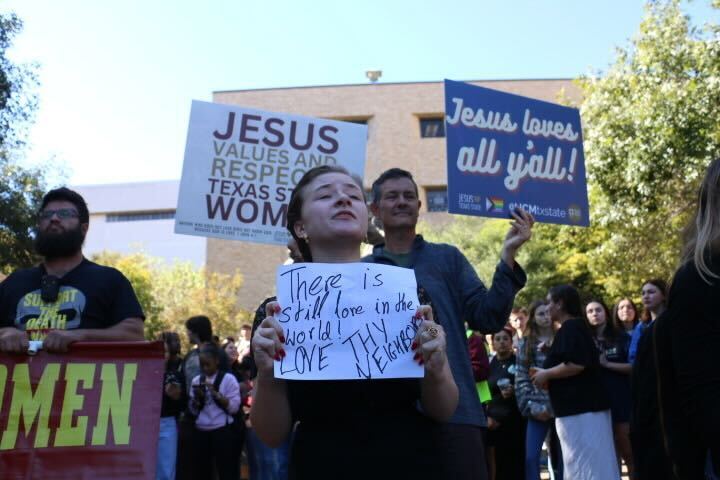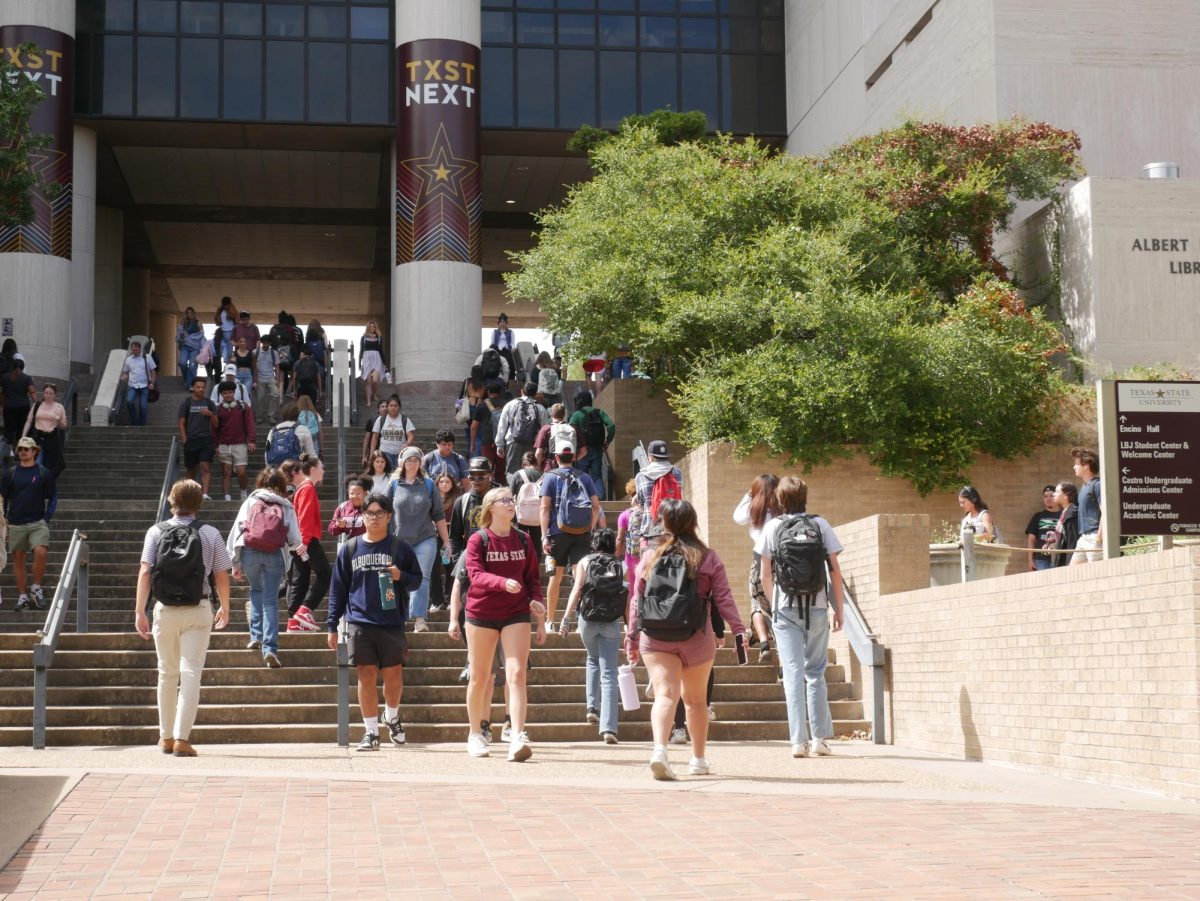Representatives from several departments across the university held a panel discussing the various services and resources available to Deferred Action for Childhood Arrivals and undocumented students Nov. 5, as its status is in legal jeopardy.
Panelists for this event included Michelle Sotolongo, student development specialist in the Honors College; Sarah Coleman, assistant professor in the history department; Laurie Clouse, university police chief; Christopher Murr, director of financial aid and scholarships; Angelica Coronado, director of attorney for students; and Cesar Santos, exploratory professional junior.
The panel was moderated by Scott Bowman, special assistant to the provost, who encouraged members of the audience to engage others in the importance of this issue.
“I think it’s important to understand in this proper, historical and socio-political context. We’re talking about something that is not real,” Bowman said in his introductory statement. “You are all here this morning, talking about something and listening and discussing and learning about something that in fact is not real. It’s a social construction.”
Bowman shared figures on the crucial role DACAmented Texans play in the economy, including paying more than $1 billion in federal, state and local taxes and their spending power totaling $23.5 billion.
“I want to reemphasize that at this university, DACA students are us and we are DACA students,” Bowman said.
The current status of the DACA program is expected to be reviewed by the U.S. Supreme Court Nov. 12. According to Coronado, legal questions include whether the court has the right to review this case and second, whether the suspension of the program by the Trump Administration is lawful.
“The current status of DACA is very unknown at this point and we don’t expect a decision until summer 2020,” Coronado said. “What we’re going to hear this month is the oral arguments. It’s my understanding that we can hear a recording of these oral arguments by the end of the week on Friday.”
Sotolongo said that the university is trying to prepare its students and their families and its community members to understand the kind of support, assistance and community building necessary to implement and develop while waiting for the Supreme Court decision.
“There’s a critical mass of people who are bringing enough attention to the issue and as educators, and hopefully as educated residents and citizens of our communities, we want to be as informed as possible on what this means, what it is, how it affects us directly and indirectly,” Sotolongo said.
Current resources offered for DACA and undocumented students include free legal counseling with Attorney for Students and university scholarships to supplement state funding from TASFA.
Murr said that regardless of the final court decision, students currently benefiting from TASFA will not lose their state funding.
“Because it is in state statute, any Supreme Court decision, I don’t believe, will have an effect on whether students continue to receive financial aid,” Murr said. “By the 2022-2023 academic year, the application for state funding will no longer be a hard copy, the state will actually be allowing students to directly apply for financial aid online.”
The panel also addressed the criminal justice aspect of DACA, specifically when it comes to policing, the courts and the role of the law.
Coronado said that DACA status protects individuals from being placed in a deportation proceeding, although attempts by the federal government have been made in recent years.
“As far as civil court or family court, I like for people to know that family law and civil law does not take your immigration status in consideration when determining certain issues,” Coronado said. “Your status alone is not a determining factor and, I have argued, that is not anything for them to consider.”
Clouse touched on the policing aspect that happens on campus and how UPD interacts with DACA and undocumented students.
“As law enforcement officers, especially UPD, we do not ask immigration status during contact for anybody, for any purpose. Generally, these proceedings (Coronado) talks about, don’t occur until jail when those questions are generally asked. We do not consider status when we are doing enforcement actions,” Clouse said. “In my almost two decades of law enforcement experience, in municipal agencies and as a university law enforcement leader, I have not had any occasion to do any type of immigration enforcement. That is not what municipal officers do, that is certainly not what university officers do.”
UPD does not have a written policy related to DACA students, and according to Clouse, it is a common practice in university law enforcement to not have a policy that addresses DACA.
The university has recently created a new page, compiling resources and answers to questions regarding DACA and undocumented students.
Categories:
DACA Panel shares resources ahead of Supreme Court case
November 6, 2019
The DACA Task Force sits in a panel discussion, Tuesday, Nov. 5, 2019, at Texas State. After recommendation from the DACA Task Force to include a campus resource for immigrant students, it has come to life with the Monarch Center for Immigrant Students.
0
Donate to The University Star
Your donation will support the student journalists of Texas State University. Your contribution will allow us to purchase equipment and cover our annual website hosting costs.
More to Discover


